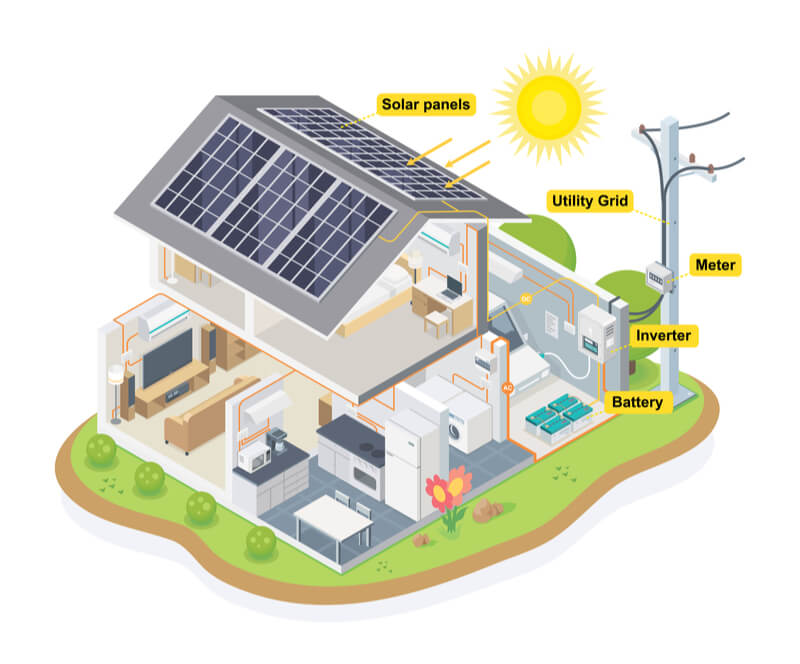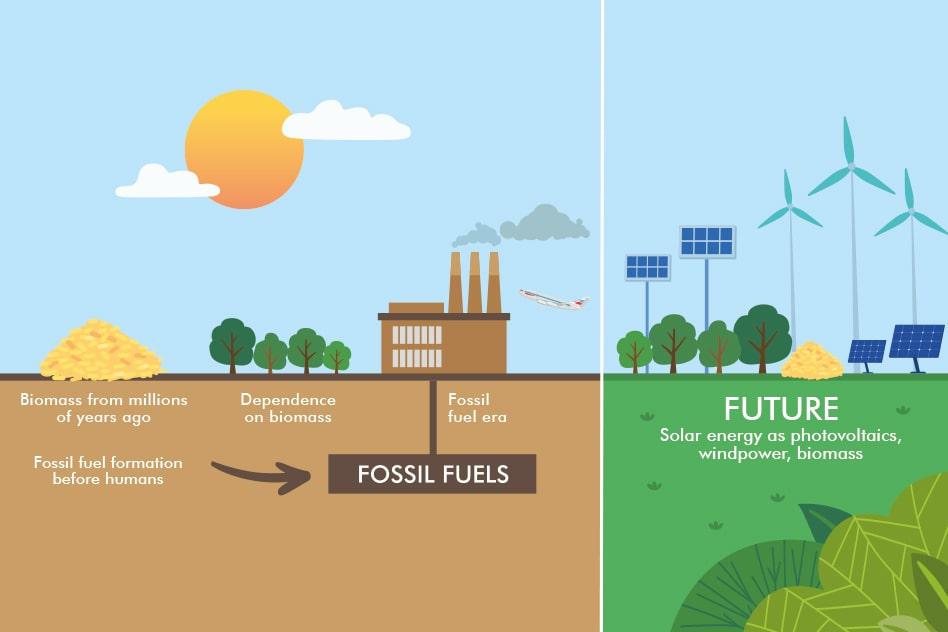
Power at Home: Residential Solar Array Solutions
Residential solar arrays are transforming the way households harness and consume energy. In this article, we delve into the benefits, considerations, and advancements shaping the landscape of residential solar power.
Harnessing Solar Energy at Home
Residential solar arrays enable homeowners to harness the abundant energy of the sun to power their homes. Solar panels, typically installed on rooftops or in open spaces around the property, capture sunlight and convert it into electricity through the photovoltaic effect. This on-site generation of clean energy reduces reliance on the grid and lowers overall electricity costs.
Financial Benefits and Return on Investment
Investing in residential solar arrays brings financial benefits over the long term. While the initial installation cost can be a consideration, many homeowners experience a return on investment through reduced electricity bills and potential government incentives. In some regions, feed-in tariffs or net metering programs allow homeowners to earn credits for excess energy generated and fed back into the grid.
Environmental Impact and Sustainability
One of the primary motivations for adopting residential solar arrays is their positive impact on the environment. By generating clean, renewable energy, homeowners reduce their carbon footprint and contribute to sustainability efforts. Solar power helps mitigate climate change by decreasing reliance on fossil fuels and minimizing greenhouse gas emissions associated with traditional electricity generation.
Technological Advances in Solar Panels
Advancements in solar panel technology are enhancing the efficiency and aesthetics of residential solar arrays. Innovations like sleeker, more efficient solar panels and integrated solar tiles provide homeowners with options that blend seamlessly into the architectural design of their homes. These technological advances contribute to the widespread adoption of solar arrays in residential settings.
Battery Storage Solutions for Energy Independence
Battery storage solutions are complementing residential solar arrays, offering homeowners the ability to store excess energy for use during periods of low sunlight or grid outages. This integration of battery storage enhances energy independence, allowing homeowners to rely on their solar-generated power day and night, further reducing dependence on the traditional grid.
Navigating Homeowners Association (HOA) Regulations
While the benefits of residential solar arrays are evident, navigating Homeowners Association (HOA) regulations can present challenges. Some HOAs may have restrictions on the installation of solar panels due to aesthetic concerns. However, many regions are adopting solar access laws to protect homeowners’ rights to install solar arrays, making it essential for homeowners to be aware of local regulations.
Solar Financing Options for Homeowners
Solar financing options have evolved, making residential solar arrays more accessible to homeowners. Financing models such as solar loans, power purchase agreements (PPAs), and solar leases allow homeowners to adopt solar power with minimal upfront costs. These financial solutions cater to diverse budgetary considerations, making solar energy attainable for a broader range of homeowners.
Integration with Smart Home Technologies
Residential solar arrays are increasingly integrated with smart home technologies. Smart inverters, energy monitoring systems, and home automation platforms allow homeowners to optimize their solar energy usage. These technologies enable precise control over energy consumption, providing insights that contribute to more efficient and sustainable living.
The Future of Residential Solar Arrays
As technology continues to evolve, the future of residential solar arrays looks promising. Ongoing research and development aim to improve efficiency, decrease costs, and enhance the overall performance of solar panels. Continued advancements will likely drive increased adoption, making residential solar arrays an integral part of sustainable living.
Exploring Further: Residential Solar Arrays
For comprehensive information on residential solar arrays, their benefits, considerations, and the latest advancements, visit Residential Solar Arrays. This resource offers valuable insights to guide homeowners in making informed decisions about harnessing solar power for their homes.


